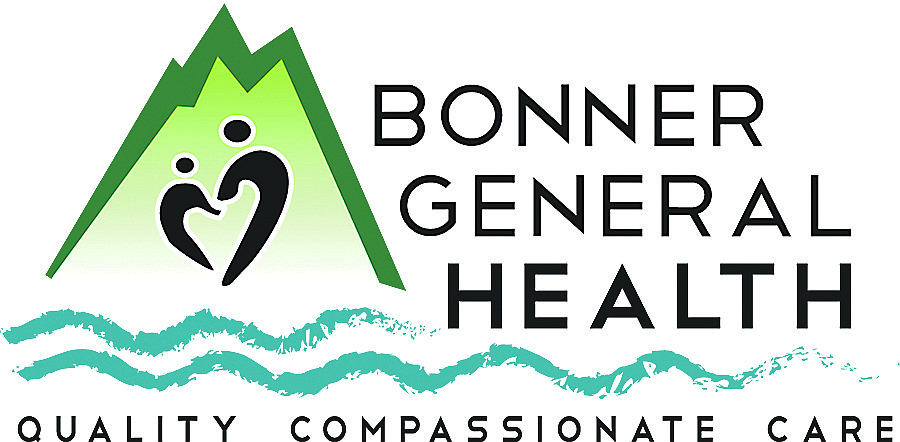Five quick questions about cholesterol
Today we’re having a pop quiz about cholesterol. High cholesterol is one of the most common and most commonly misunderstood health risks. High cholesterol affects nearly 102 million Americans over the age of 20. Answer the questions below to find out how much you know about one of the major causes of cardiovascular disease.
When you have too much cholesterol over time, what can build up in your arteries and make it hard for blood to flow to your heart and brain? A. red blood cells; B. white blood cells; C. plaque; D. platelets.
We have TWO main types of blood cholesterol. Which type is considered “good” cholesterol? A. HDL; B. LDL; C. Triglycerides; D. Type 2.
People with high blood cholesterol have how much risk for heart disease than people with ideal levels have? A. The same; B. Twice; C. Three times; D. Four times.
Most adults need to have their cholesterol checked every …A. 1-3 years; B. 4-6 years; C. 7-9 years; D. 10-12 years.
Your cholesterol levels are affected by …A. How much physical activity you get; B. Unhealthy diet; C. Your genes; D. All of the above.
Answers: 1. C. Our bodies need some cholesterol, but too much can cause plaque buildup in the arteries. As plaque builds up, these vessels narrow, making it hard to get blood to essential parts of the body, like the heart and brain.
A. High-density lipoprotein (HDL), a.k.a. “good” cholesterol, helps keep your arteries healthy and removes “bad” cholesterol. Low-density lipoprotein (LDL), a.k.a. “bad” cholesterol, can lead to plaque buildup in your arteries.
B. Having high cholesterol DOUBLES your risk for heart disease. The good news? You can take steps to lower your cholesterol – and your risk.
B. High cholesterol usually has no signs or symptoms, so it’s important to get it checked by a medical professional. Adults 20 years old or older should get their cholesterol numbers checked every 4-6 years. Some people may need to get checked more often.
D. Many factors influence your cholesterol! Luckily, that means you have some control over lowering your numbers.
Did you get them all right? I found this little test on the Centers for Disease Control and Prevention’s website. One of the biggest challenges to getting people to watch their cholesterol is the lack of understanding of what it is. They explain:
“Blood cholesterol is a waxy, fat-like substance made by your liver. Blood cholesterol is essential for good health. Your body needs it to perform important jobs, such as making hormones and digesting fatty foods,”
In fact, our bodies make all the blood cholesterol needed, which is why experts recommend that people eat as little dietary cholesterol as possible while on a healthy eating plan. So what’s a healthy eating plan? The answer is limiting foods high in dietary cholesterol, such as meat, seafood, poultry, eggs, and dairy products.
“Strong evidence shows that eating patterns that include less dietary cholesterol are associated with reduced risk of cardiovascular disease, but your overall risk depends on many factors.” Those factors include your body weight and your family history.
“If you have a family history of high cholesterol, you are more likely to have high cholesterol. As a result, you may need to get your cholesterol levels checked more often than people who do not have a family history of high cholesterol,” the CDC says. “The risk for high cholesterol can increase even more when a family history of high cholesterol combines with unhealthy lifestyle choices, such as eating an unhealthy diet.”
When diagnosed with high cholesterol, the younger you are, and, of course, if you do something about it, you are less likely to suffer a heart attack or stroke. Going back to what I said about high cholesterol has no symptoms, that’s true, but a simple blood test will ascertain whether or not you’re in the low, normal, or high range for both HDL and LDL cholesterol.
It’s worth a trip to your primary care provider, no? Answer: yes.
Kathy Hubbard is a member of the Bonner General Health Foundation Advisory Council. She can be reached at kathyleehubbard@yahoo.com.

